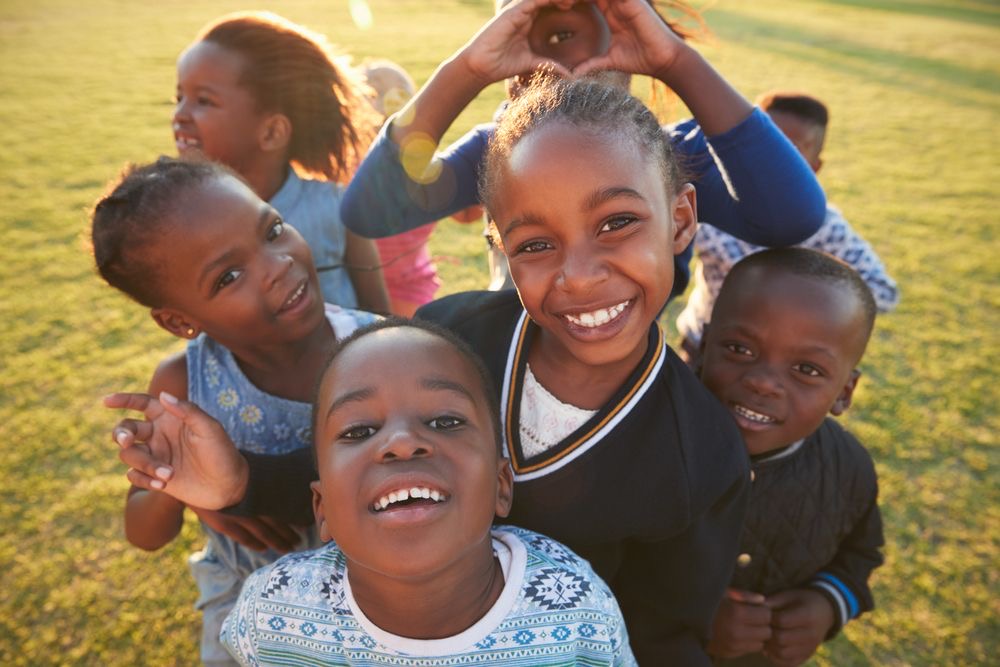We still have far to go
Much work remains to be done in aligning country objectives with tackling development and other issues. A good starting point would be overcoming the current dichotomy of health versus the economy
How has the COVID-19 crisis exacerbated inequalities and social cohesion?
The greatest hit is to the socially disadvantaged and those with children unable to go to school, who did not have sufficient digital resources, or human capital to keep their education going. Due to limited physical mobility and economic duress, they are more likely to contract the disease. It exacerbates the threat people feel and increases their flight into ideologies in which they feel secure. The lack of mutual comprehension between populists and cosmopolitans grows.
Economic and political cleavages make it more difficult for people to protect themselves: if you believe that masks and social distancing wrest power away from the people, you’re less able to shield yourself from the pandemic. The public discourse, with economic policy and health policy pulling in opposite directions, has been extremely unhelpful. Health experts emphasise the need for closing schools and enterprises, which harms the economy – and businesses want to open up, which endangers health.
How have these crises set back progress in development?
Most countries have treated COVID-19 as a national event, for medical supplies, travel, immigration policy, economic policy, subsidies, tariffs and so on. That makes development extremely difficult. Disrupted global supply chains leave developing countries, which depend on them, out in the cold. Unemployment there has risen. Advanced country policymakers don’t have the bandwidth to think about development.
Some people see the pandemic as symbolic of global problems like climate change that require thinking globally. Germany and the European Green Deal have moved towards a green recovery. But the pleas of business to relax environmental controls have been heeded. The economic shutdown has meant marginally less pollution and environmental degradation, but people staying home still use energy from all sources.
How can social equality and well-being best be measured?
Many contenders are not measured as consistently, regularly and broadly, and not integrated with business performance, as gross domestic product is.
We need a dashboard such as SAGE – solidarity, agency, material gain and environmental sustainability. The policy debate needs a dashboard of well-being with a few elements that are not substitutable for one another, are associated with well-being across cultures, can be regularly measured and exist for a range of countries.
How well have G20 leaders acted to restore economic growth, while strengthening social cohesion ?
In a global crisis, countries have an incentive to do similar things, as they did in the 2008 financial crisis. The act of adding these up probably encouraged countries to do more.
Developed countries are doing that now, to ensure people’s livelihoods are maintained, businesses stay afloat and people kept safe. With the G20’s Extraordinary Summit on 26 March, the fiscal stimulus has added up to more than $5 trillion. While good, this widened the divide between the less developed and the successful emerging advanced countries. And G20 members did not set something in motion that might not have occurred individually. Yet the G20 has been effective: Saudi Arabia, the European Union and others have helped developing countries. Still, the G20 has far to go to help align country objectives with tackling development and other problems.
In March, the G20 focused on health, macroeconomic policy and trade, but produced nothing on gender equality or the environment. Was this appropriate?
It was in the first months of the pandemic and ensuing economic crisis, given the urgent need. Many countries needed to retain jobs and businesses, hence the furlough schemes, subsidies, grants for struggling businesses, help for unemployed people. But it was certainly not economically appropriate thereafter. It’s keeping zombie businesses alive, and people idle. Amid a structural change in the economy, the economy should not remain rigidly where it is. Many jobs and businesses won’t come back. Even if they do, the adjustment will be lengthy. Most fiscal stimulus should encourage people to find new jobs and firms to find new ways of doing business. The cost in national debt and high interest rates will burden us for over a decade. We should pour all this money into promoting adaptation in the labour and capital markets. Employment policy matching and help in search and matching benefit both labour and capital.
What should G20 leaders at their Riyadh Summit do?
First, redirect fiscal stimulus to encourage the required great realignment. Second, overcome the dichotomy of health versus the economy. Third, see policy through a dashboard of indicators for well-being. Fourth, design health, social and economic policies in conjunction with one another, to make people as well off as possible, with gender equality and environment protection thus built in.












